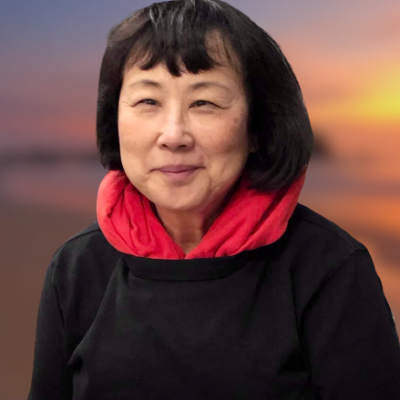Beniko Mason
Shitennoji University Junior College
Beniko Mason, EdD, is professor emerita at Shitennoji University Junior College in Osaka, Japan. She first began her Extensive Reading (ER) program in 1984 at a vocational school in Osaka, Japan based on the Input (Reading) Hypothesis (Krashen, 1981, 1982, 1985). She began to add auditory comprehensible input, “storytelling” into her reading program in 1990. She now calls it “Story-Listening.” She also calls her reading program “Guided Self-Selected Reading” (GSSR) instead of ER, distinguishing her language program from others, which are not fully consistent with current Second Language Acquisition Theory. Her current interest is to determine the amount of input needed to help low beginning level students reach the high intermediate or low advanced level of the target language in order to prepare them for academic and business language.

Sessions
Introduction to Story-Listening and GSSR
The Story-Listening/Guided Self-Selected Reading Program (SL/GSSR) is a complete program for EFL/ESL students; the goal being to bring beginners to high intermediate/low advanced in 3 to 4 years. SL/GSSR provides a substantial amount of optimal input, thus causing language acquisition. This workshop will introduce and promote discussion on the SL delivery method and the positive evidence of a SL/GSSR program on reading, writing, vocabulary acquisition, and TOEFL and TOEIC.
Story-Listening Fails Without Optimal Input
Despite the initial expectation for obtaining a similar vocabulary acquisition rate from Story-Listening Method with Japanese adult students, the results of this study instead suggested what should not be done with Story-Listening instruction. This study has shown what we need to be careful about when we give a Story-Listening lesson, and also suggests that when optimal input is not present, it is difficult to produce optimal results.
Panel Discussion and Closing Ceremony
The end of the show, and we will welcome some of our plenary, featured, and invited guest speakers to offer some final words and reflections on the conference. Audience participants will be encouraged to ask questions and offer insights of their own. After the panel discussion we will here about what is to come for JALT2021!